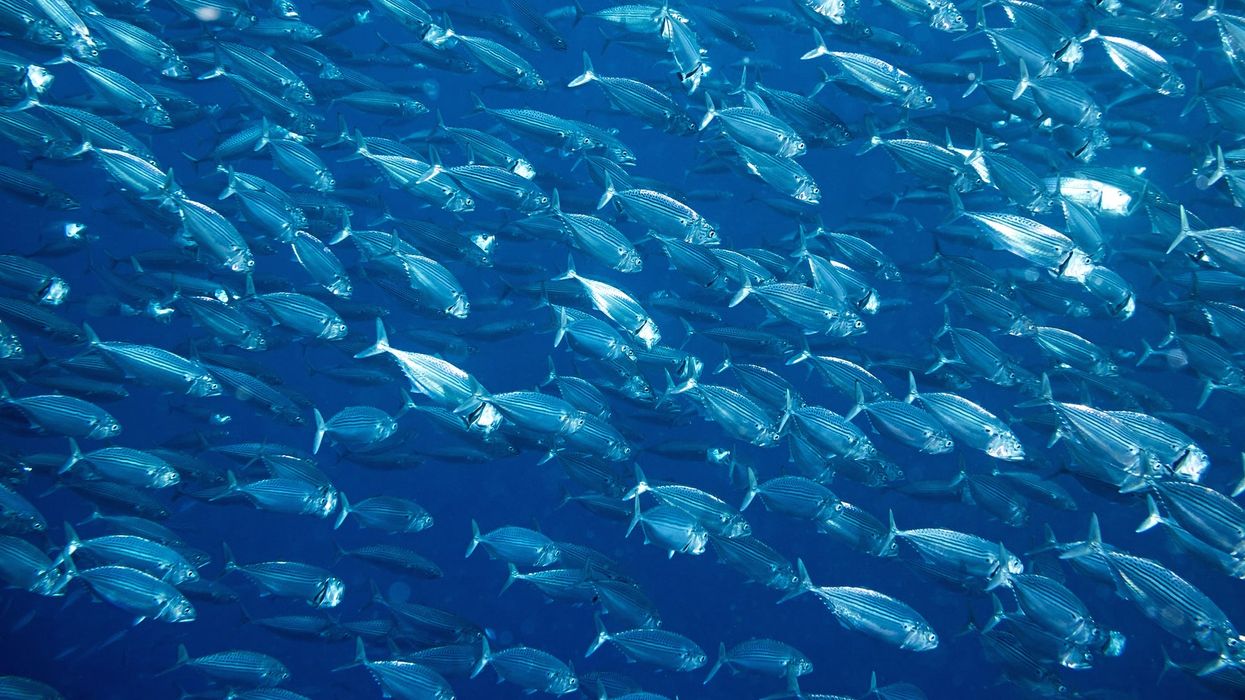News
Louis Staples
Dec 08, 2019

Image:
ISTOCK
In a landmark study, scientists warn that the ocean is running out of oxygen.
Climate change and pollution are driving the oxygen from Earth’s waters and threatening marine life, according to a study by conservation group IUCN.
Researchers say that climate change is making the situation worse, with around 700 ocean sites now suffering from low oxygen, compared with just 45 in the 1960s.
Why is this happening?
As the Earth continues to warm, more carbon dioxide is released and much of the heat is absorbed by the ocean. Warmer water holds less oxygen, with scientists estimating that between 1960 and 2010, the amount of the gas dissolved in the oceans declined by 2 per cent. As a global average, this might not sound too severe, but in some tropical places the loss is around 40 per cent.
Why does this matter?
Marine species such as tuna, marlin and sharks are threatened by this worsening situation. Waters with less oxygen make comfortable habitats for species such as jellyfish, but aren’t so good for bigger, fast-swimming species like tuna, which have greater energy needs. These animals are starting to move to shallower layers of the sea, which have more oxygen, but this makes them vulnerable to over-fishing.
What does this mean?
Minna Epps from IUCN told the BBC that the findings were “really worrying”.
Not only has the decline of oxygen quadrupled in the past 50 years but even in the best case emissions scenario, oxygen is still going to decline in the oceans.
If the situation continues at its current pace, the world's oceans are expected to lose 3-4 per cent of their oxygen by the year 2100, with tropical waters losing up to 80 per cent of their oxygen supply.
If we run out of oxygen it will mean habitat loss and biodiversity loss and a slippery slope down to slime and more jellyfish,"
It will also change the energy and the biochemical cycling in the oceans and we don't know what these biological and chemical shifts in the oceans can actually do.
H/T: BBC
More: 7 ways that climate change will drastically change the way we live
Top 100
The Conversation (0)













